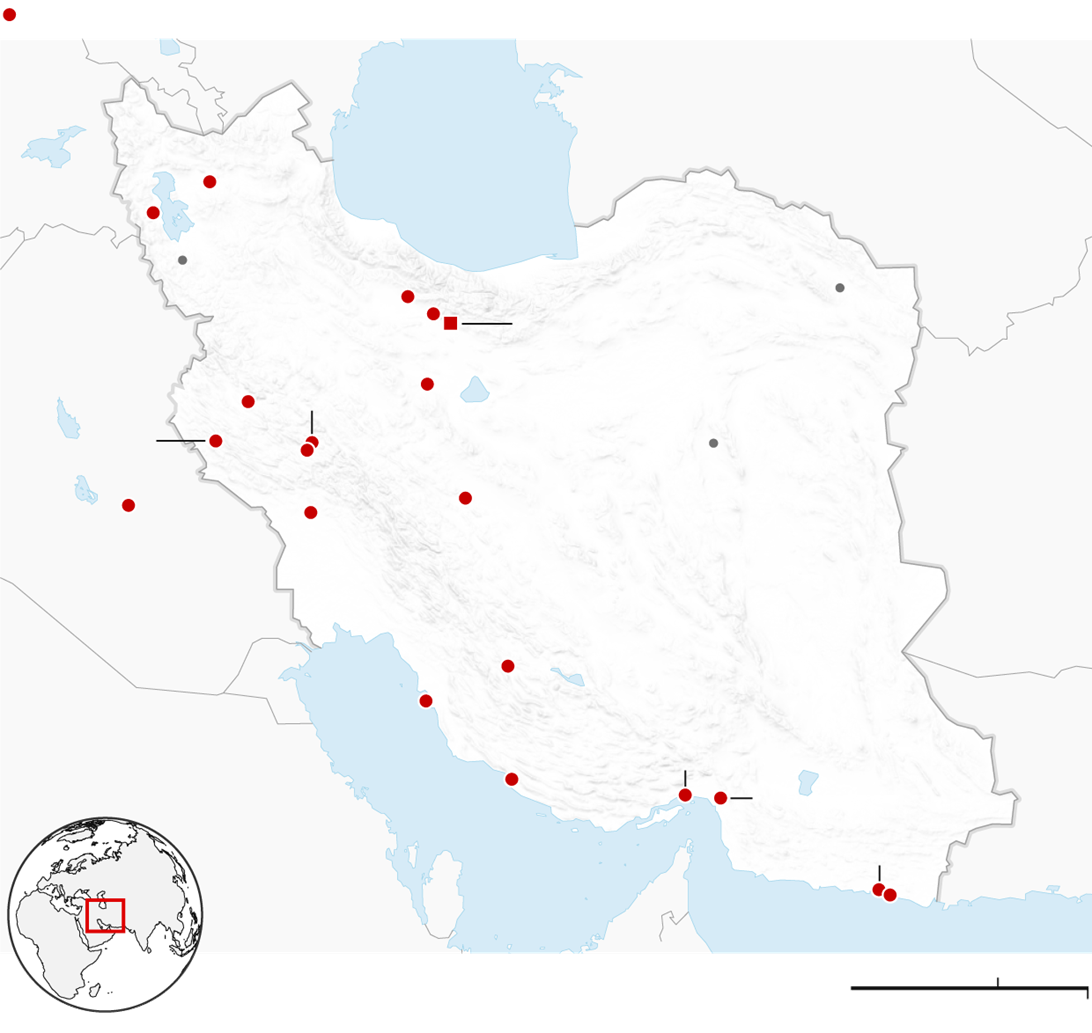Every election season brings a familiar sight of bright placards dotting the neighborhood landscapes. These signs represent the voices of residents who want to share their support for specific candidates. It is a tradition that allows for a vibrant display of civic engagement.
Unfortunately, this period also marks a rise in frustration as many of these displays start to vanish overnight. Finding a bare lawn where a message once stood feels like a personal attack. This interference is a common and very aggravating hurdle for many local people.
Theft of political yard signs is a criminal act that carries significant legal weight and penalties. Authorities take these reports seriously because they involve the removal of private property. Respecting these boundaries is essential for a healthy and truly functional local democracy.
First Amendment Friction and Protected Speech
Stealing a campaign sign is much more than a simple act of petty theft or a neighborhood prank. It represents a direct attempt to suppress the protected political speech of a fellow citizen. This interference strikes at the very heart of the freedom of expression.
When someone removes a sign, they are essentially trying to silence a specific viewpoint they find disagreeable. This behavior creates a hostile environment that discourages others from participating in the public square. It undermines the open exchange of ideas that is necessary for a community.
Legal systems recognize that these physical markers are vital tools for political communication and awareness during an election. Protecting these displays ensures that every voice has a fair chance to be heard by the public. Sabotage is never an acceptable response to a different opinion.
Property Lines and Public Rights
Confusion often arises regarding the exact rules of where a sign is legally allowed to stand. Most residents assume that any spot near the street is fair game for their displays. However, public right of way laws vary significantly between different cities and counties.
Code enforcement officers have the legal authority to remove signs that block traffic visibility or violate local ordinances. This type of official removal is not considered theft, even if it happens without a warning. Understanding these local regulations prevents unnecessary conflict and loss of materials.
Property owners should ensure their signs are placed well within their own boundaries to avoid any legal ambiguity. When a sign is on private land, its removal by an unauthorized person is a clear violation of the law. Clarity in placement protects the owner.
Surveillance and Identifying Saboteurs
The rise of doorbell cameras and affordable home security systems has changed how these crimes are prosecuted. Neighbors are now much more likely to capture high quality video of individuals removing signs under the cover of night. These recordings provide the evidence needed for charges.
Police departments use this footage to identify repeat offenders and bring them to justice in a local court. Having a digital witness makes it much harder for saboteurs to claim they were just joking around. The threat of being caught on camera is a powerful deterrent.
Publicly sharing these videos also helps to hold individuals accountable for their actions within the local community. It sends a clear message that the neighborhood will not tolerate the suppression of anyone’s political views. Technology is helping to preserve the integrity of the yard.
Strategies for Effective Deterrence
Taking a proactive approach to security can help prevent a sign from becoming a target for theft. Many residents choose to move their displays further back from the sidewalk to make them harder to reach. This simple change can discourage casual vandals who want a quick exit.
Some high stakes campaigns even use small GPS trackers to locate and recover stolen property in real time. Others use defensive placement techniques like coating the edges with sticky substances to deter anyone from grabbing them. These methods make the act of theft much more difficult.
Working with neighbors to keep an eye on each other’s property is another effective way to stay safe. A vigilant community is the best defense against those who wish to disrupt the democratic process. Sharing information quickly helps everyone keep their signs standing until the very end.
Respecting the physical presence of opposing views is a fundamental component of the democratic process in any country. It requires a level of maturity and restraint that allows for a peaceful coexistence of different ideas. We must protect the rights of others to speak.
While it is tempting to lash out at a message that feels wrong, the law is very clear about the consequences. Stealing property only serves to deepen the divide and foster a culture of resentment. True progress happens through debate and voting rather than through silent sabotage.
The quality of our local political climate depends on our collective ability to respect the rules of the game. Keeping the conversation civil and the signs standing is a shared responsibility for every resident. Excellence in democracy is found in our respect for the process.
CLICK HERE TO DONATE IN SUPPORT OF DCREPORT’S NONPROFIT NEWSROOM
The post The Vanishing Vote and the Legal Reality of Yard Sign Sabotage appeared first on DCReport.org.








